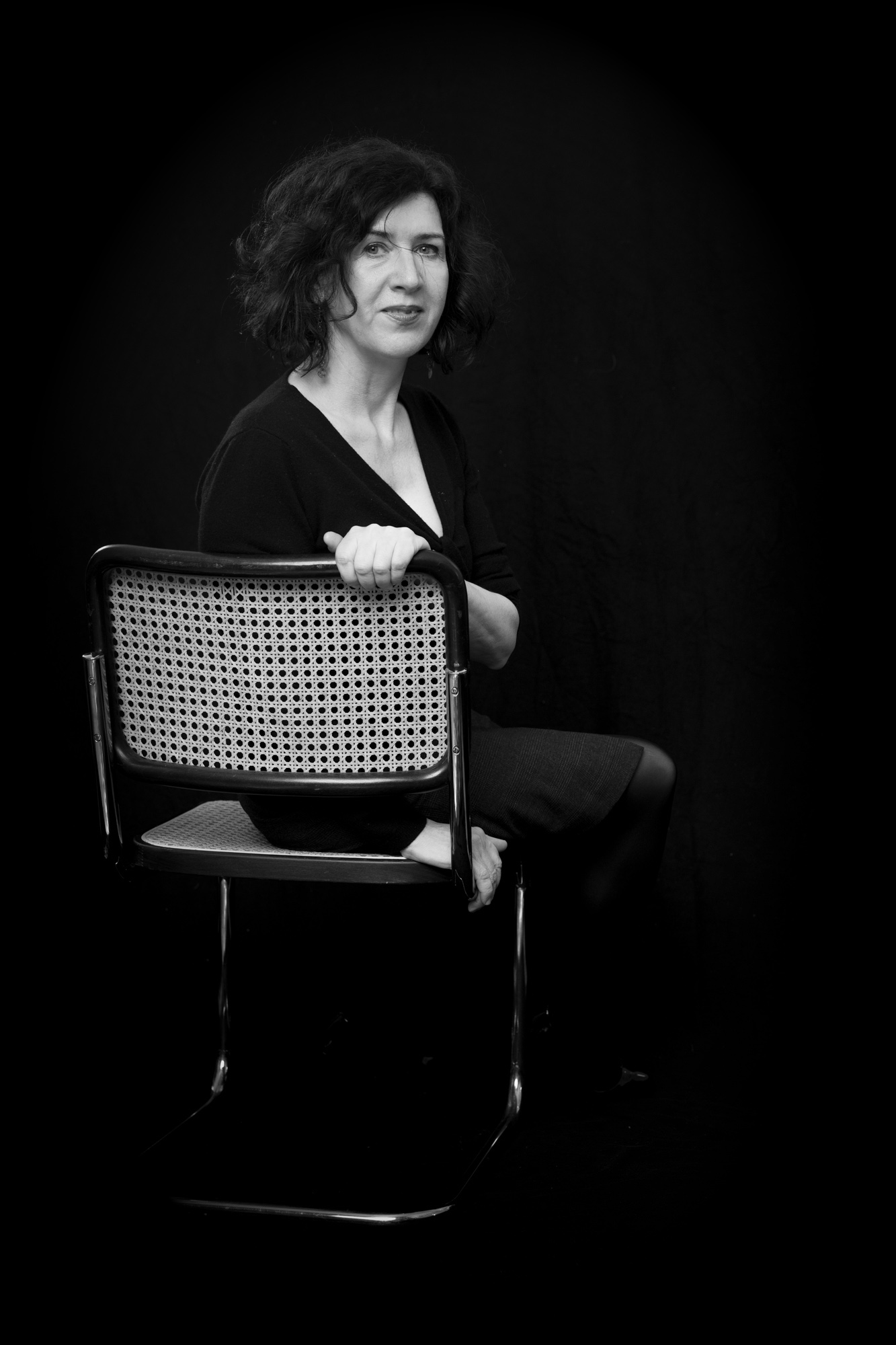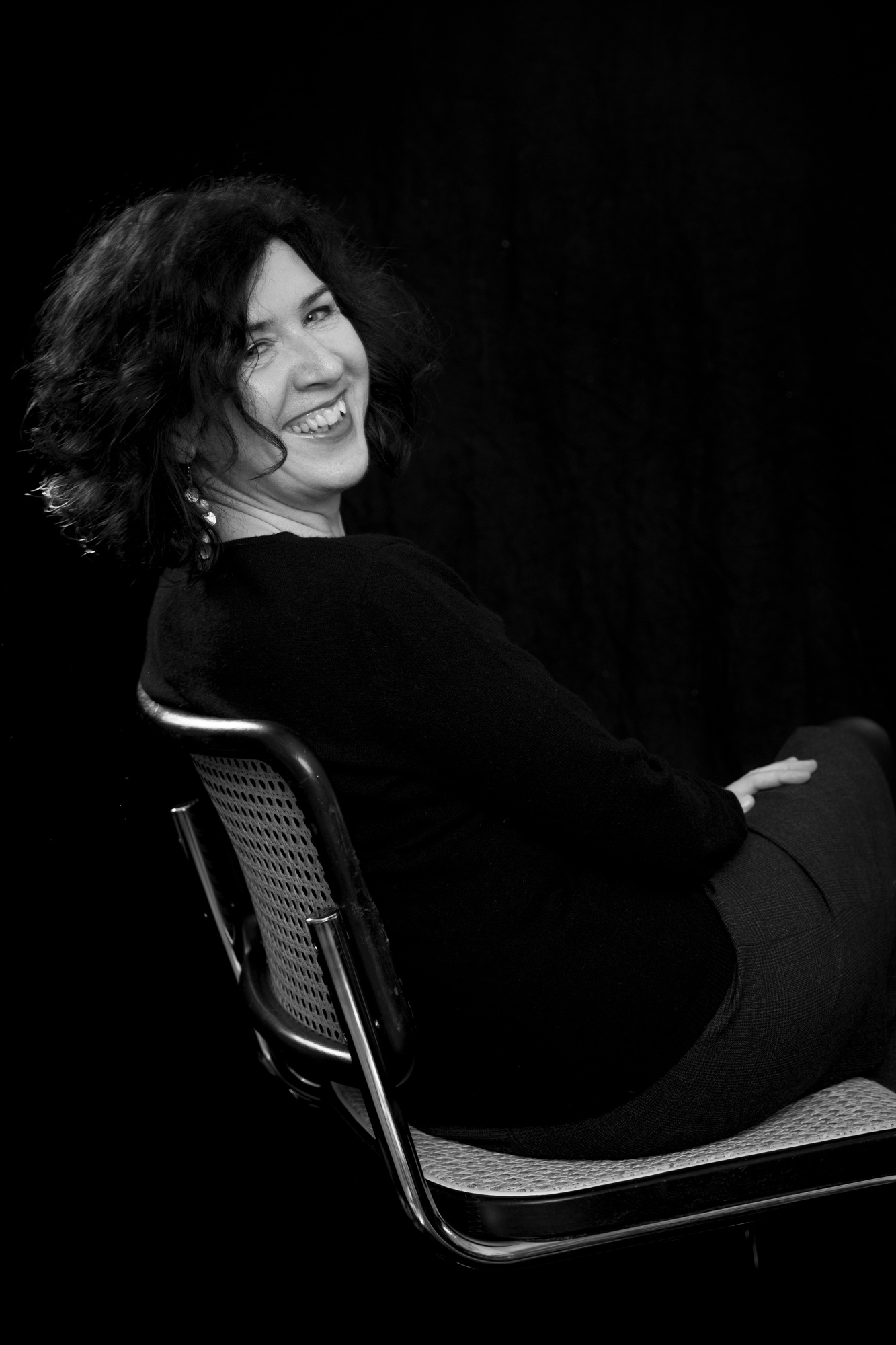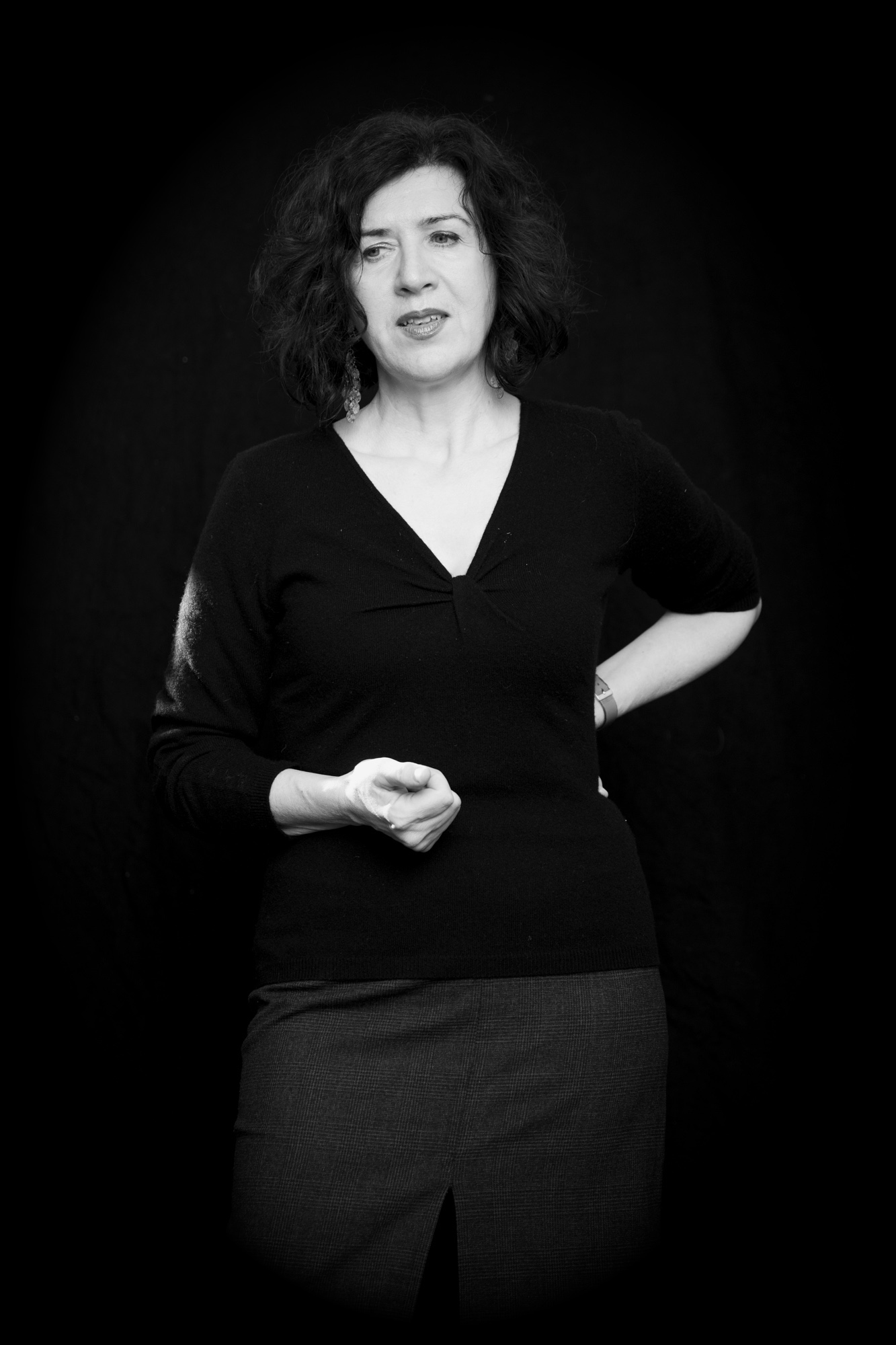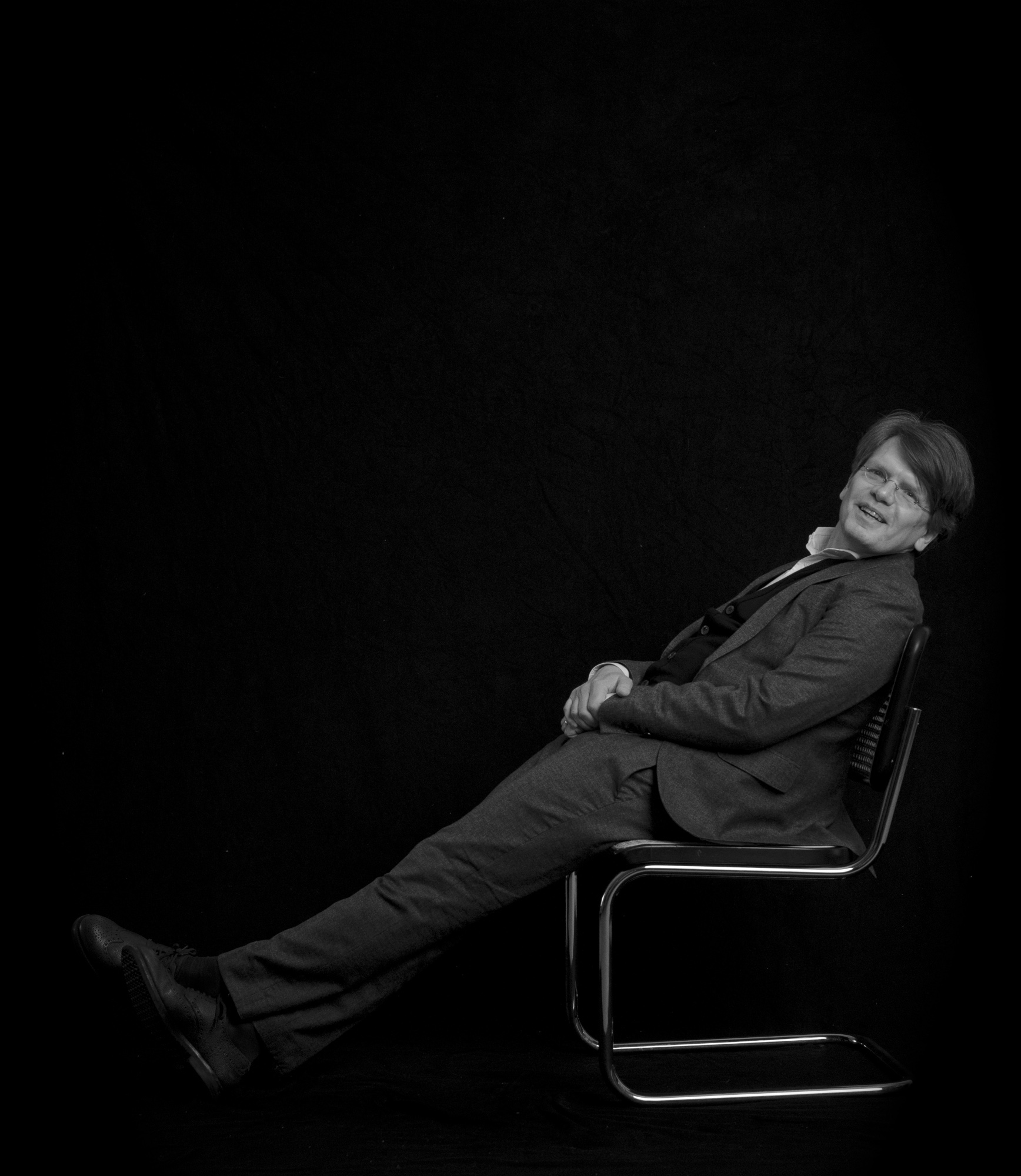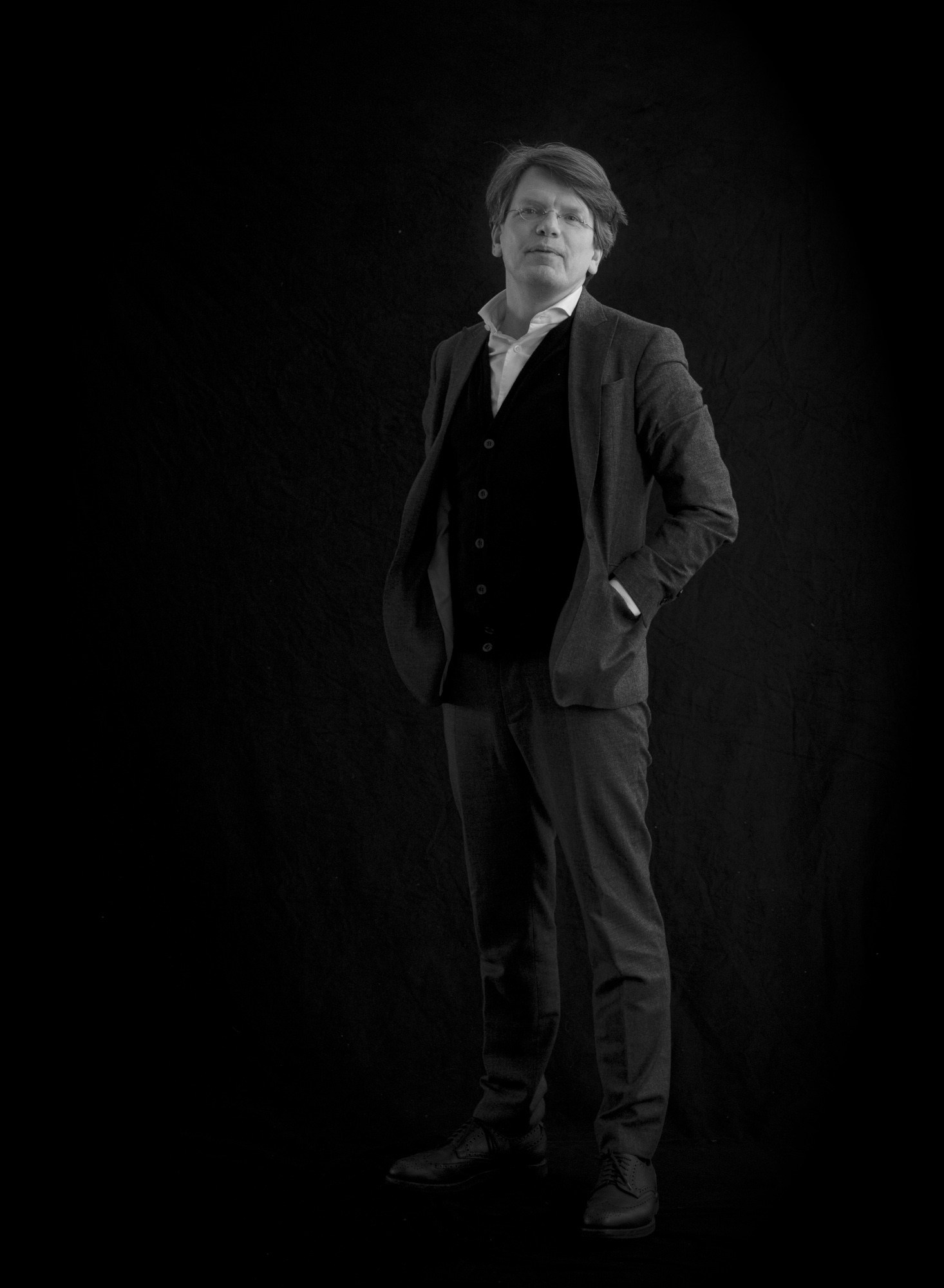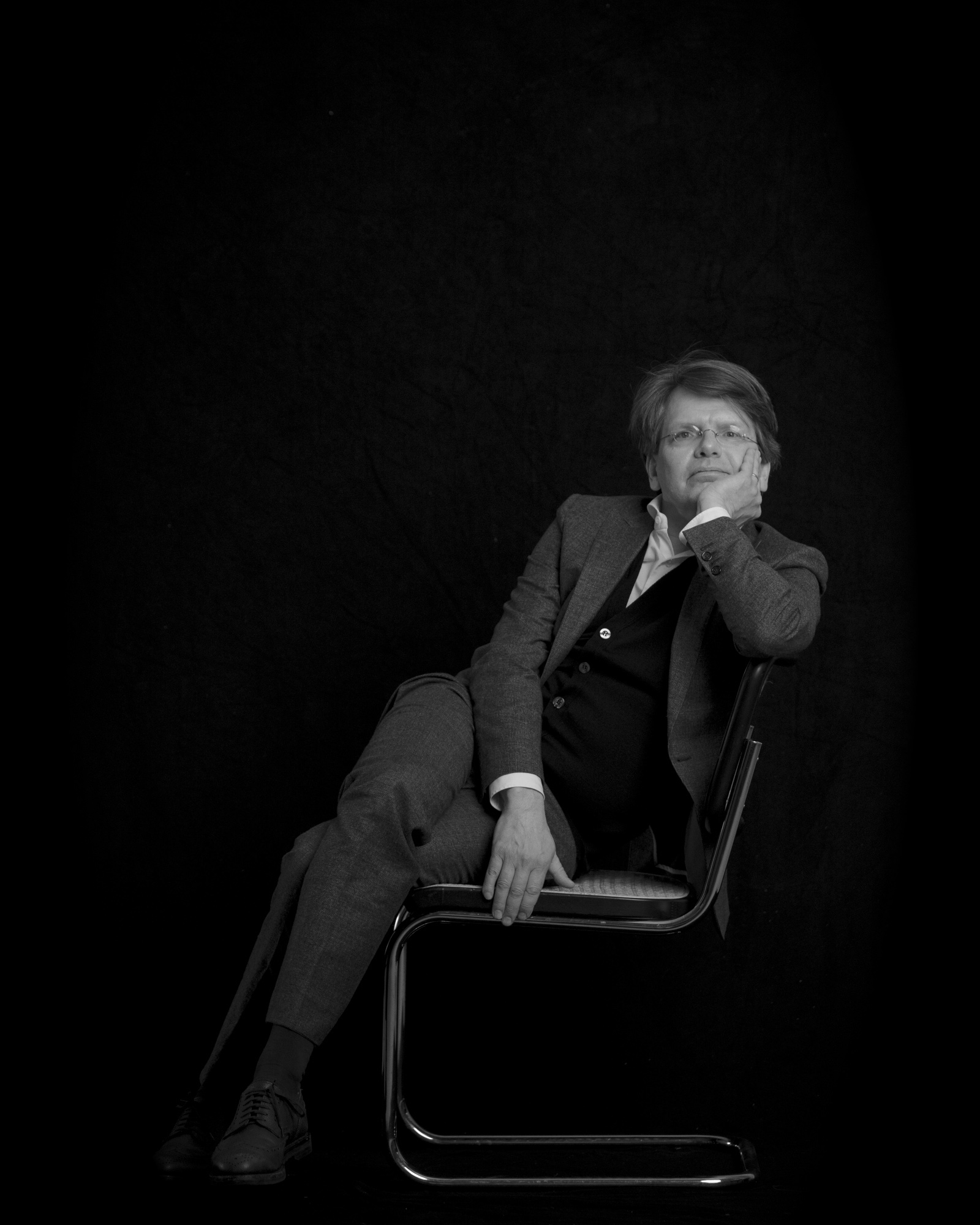Issue 16 / April 2021
Analyzing the Aphorism
A conversation between Fellow 2018/2019 Juliane Vogel and Permanent Fellow Christoph Möllers
Literary scholar Juliane Vogel and constitutional lawyer Christoph Möllers discuss his book Degrees of Freedom and debate the advantages and disadvantages of aphoristic writing
Juliane Vogel: Let’s begin things with your style of writing. It’s a style which you have cultivated from the very beginning, actually, ever since your democracy book. Perhaps we might best describe it as an aphoristic style – at very least your sentences have a pronounced aphoristic gesture. You think in sentences, in strong sentences, one could almost say in individual sentences. You stage your texts, as it were, in such a way that they form a series of small isolated thought events. Does this description resonate? And if so then what does this form of writing do for you?
Christoph Möllers: It does indeed resonate, while at the same time it frightens me a little because it points out my own limitations and because I have the ideal of being able to write in any number of different ways. However it is difficult for me to say, from the writer’s perspective, that the form does anything for me. It’s rather the case that the form simply sought me out. This also has to do with my verbal experiences, with the fact that I have a weakness for punchlines and for a certain kind of conversation. At the same time, the form has something didactic about it when I use it. I’ve written two books this way, both of them concerned with politics. I was interested in this abbreviated form before that, but I never really conceived of the two together. I’m only doing it now. Maybe I would only write about politics using that certain form.
JV: If I can pick up the thought again, I find it very interesting that the aphorism – even if it appears to spring finished and complete from the mind – has a real kinship to speech. Conversation and aphorisms are kissing cousins, after all, and nicely complement one another.
CM: I find that somewhat ambiguous. On the one hand it’s true, and sometimes things do occur to me in conversation, while on the other hand the aphorism is a conversation-stopper. You throw something a person’s way and the expectation is precisely that she will not comment on it – she would only be a spoilsport if she offered any comment or interpretation. Aphorisms are something very thetic and now and again imperative. Just imagine one of the great masters, La Rochefoucauld, uttering a sentence that he probably tinkered with for a very long time and then his interlocutor takes it to mean the start of a conversation. That would be a misunderstanding.
JV: Heinz Schlaffer once said that aphorisms arise when a person leaves society and goes into seclusion – to give it an aphoristic formulation.
CM: That’s quite beautiful.
JV: It’s the fruit of a social experience that can only be reaped when I’m once more outside that society, when I’m no longer subject to it.
CM: Yes, and you should imagine that those writers who pay visit to society have the expectation that they will be documenting everything they experience, so they are already distancing themselves from that society at the same time as they are in it. That’s like the authors who write their diaries for public consumption. Whoever converses in an aphoristic manner already has one foot outside the conversation or even outside of society.
JV: I think it’s nice that you used the term “conversation-stoppers” to describe aphorisms. That’s very true. For example, I’ve noticed how you bring your paragraphs to a close. As a matter of fact, your most aphoristic writing comes at the very end of a paragraph. When you want to conclude something you do it with an aphorism – for instance, when you say: “The future can only be invented in the present.” Aphorisms are or have discourse power. They function as knives which cut, crop or terminate something.
CM: Very interesting. I’ll have to pay attention to that. And indeed, it likely has to do with the fact that I wasn’t clear on the length of the paragraphs at the beginning. It took care of itself. And in the ongoing writing process this then resulted in my having to end many sections with a certain violence. That’s the way this form plays out, which is problematic. Aphorisms are products of necessity – insufficient space or time, sometimes the result of real need and sometimes affected.
JV: You brought up another thing, namely your readers. Who exactly would be your ideal reader or how should he or she approach your style of writing?
CM: First of all, what bothers me about current political theory is that it’s not written for participants but from the perspective of an outsider. What do you do after you’ve read Habermas and Rawls? Go out and found a new political order? In reality you crack the next book on the reading list of the seminar you’re taking. I would like to write about politics for participants. That’s why I would imagine my readers to be those who use the book as a kind of manual or reference work. My dream reader would be less someone who plows through the book from A to Z and then has it gather dust on the shelf, than someone who refers to it now and again whenever needed.
JV: One could perhaps put it in a different way. Aphorisms not only formulate insights that arise from observation but they also offer a kind of navigational knowledge that enables me to behave cannily in a social situation. They allow for participation, though not in any emphatic sense but rather in a strategic way and from a certain distance. You also mentioned that in your college days you used to tote around Gracián’s The Art of Worldly Wisdom, and you also very much like Adorno’s Minima Moralia, which is likewise the kind of book that one carries around on one’s person. Sentences such as these facilitate participation, but from the standpoint of survival. I require them in order to get out of some complicated situation safe and sound. Coming from Gracián, one can assert – and Hans Ulrich Gumbrecht has just said it again – it functions as an aid to survival.
CM: Yes, for all its limitations and without any pathos, the book is intended as a survival guide. In the final analysis it doesn’t help any, but, yes, that is indeed the intention.
JV: It’s in precisely this way that the aphorism is also a political form because it furnishes a person with knowledge about human nature and with rules of conduct in the political arena – and not according to any criteria with sincerity as their watchword but rather with worldly wisdom as the goal.
CM: Yes, I think that is typical – we see it quite clearly with the great Frenchmen circa 1650 – La Rochefoucauld, Pascal. These are people who have a very strong relationship to religion, but at the same time it is clear that this religious relationship is so Augustinian in nature that it is unhelpful in society. There is a God – but he’s not there. Hence it requires second-best solutions that cannot be universalized, these are always situational and strategic, never moral, always of a short-range variety, never aiming at the big picture, merely to just get by. That’s interesting because the literary form here also stands for the differentiation of politics. This is practically no longer relevantly different from the moment that God has completely vanished.
JV: Indeed, the question is whether the aphorist is a sovereign or not. On the one hand, of course, he possesses this great ability to leave his linguistic imprint. He has certain prognostic abilities where human behavior is concerned. On the other hand he is just as involved and just as much a victim of dependencies as any other person, is he not? He is also always a courtier, he is a subject in the literal sense, a subjugated person, someone who is confined, most often a melancholy individual. In other words, he is someone who is above things and at the same time smack in the middle of things, and he must always first work out this position of superiority from which he can then formulate his sentences.
CM: Yes, if he is sovereign, then it is solely in an aesthetic sense. He masters the moment of his punchline – and he creates space for himself in the struggle for survival at court. In one’s reading of the text this space is the moment of discontinuity, the step from one aphorism to the next. That is where a moment of sovereignty reigns, don’t you think? One could portray it that way – but then it immediately vanishes again.
JV: But what about the linguistic form or the thought form of the aphorism?
CM: It is indeed difficult because – but you know this much better than I do – there are always these two poles. There is the one pole of the incredibly polished one-liner, Karl Kraus, who said that he would sit for hours over a comma, and the other pole is the scribbled-down fragment, a form that one shouldn’t trust because of course what’s scribbled down often only pretends to be merely scribbled down. Both would seem to be part of the form.
JV: I agree with you. Aphorisms are, after all, simultaneously open and closed. On the one hand they are like Nietzsche said, “minted and poured out,” and on the other hand they are experimental in character – a form of thought that, as you say, takes risks, is open to the future and discloses a horizon that puts the known regularities into question. There’s a whole mind-blowing tension which emerges from that. So how that all comes together – that on the one hand I formulate something through to the end, while on the other hand I open something precisely with this closure.
CM: On the one hand I sometimes believe that the sole thing which holds aphoristics together is the party of aphorists; that is to say, the people who believe that it is a legitimate form and equal or even superior to a text which has been spun out at length. This is very pronounced with Nietzsche: there are those who are savvy to aphoristics – and then the benighted others. Of course the former are always just a very few and so on. On the other hand it’s interesting that there are clusters of aphoristics, as it were, the French moralists, the early Romantics, a Nietzsche reception up to Cioran and Adorno, which still continues to our present day. That would actually be a question for literary scholars, meaning for you, Juliane, whether, when and why there are situations in literary history which have a tendency to produce aphorisms. How does it happen that in certain situations the whole aphoristic enterprise takes wing?
JV: Indeed – very nice. But unfortunately I can’t give you an easy answer to that right now. I might perhaps say that the aphorism is a form of notation or recording which arises when observations take the place of certified, authenticated knowledge – that is, when something is broken open. It formulates a thought or an experience which has yet to be realized as a finished school of thought. Where the particular first transitions into the general, without one knowing just how it will turn out. Where only the inkling of a regularity is present. The question is simply under which conditions experiences can crystallize into aphorisms. What interests me are just these various degrees of articulation or the degrees of pointed emphasis, also the processes of paradox. Lichtenberg of course had this entire spectrum – the mathematical formula, the sentence fragment, but also the unerringly witty maxim. What interests me are simply the transitions and relationships.
CM: That’s intriguing. Now that you mention it, the wonderful thing about Lichtenberg is that he’s so free and simultaneously so good that he can allow his unfinished notations to stand – but he also masters these absolutely perfected texts, sentences that one would otherwise perhaps associate with Kraus or La Rouchefoucauld. That’s pretty unique, don’t you think?
JV: Yes, he covers the entire spectrum, and what’s so great is that he himself calls his notes “scraps.” These scrapbooks are no fair copies. They were actually not intended for publication but instead as a giant laboratory or giant experimental field and hence standing outside public purview. And this then leads me to another question. When does aphoristic thinking and writing take place in public – when does it become think-acting? And that is perhaps also a question for you: Do you do that too – think-acting?
CM: Absolutely. There still exist forums where wit and repartee are in high demand. You can find remnants of it in venues as diverse as talk shows and court cases. Something that occurs to me right now, since we’re talking about Lichtenberg, if I can just do a little free-association . . . there is also an interesting elective affinity of aphorisms with the natural sciences that isn’t easy for us to understand today. Francis Bacon, for instance, who stood right at the advent of modern natural sciences, expressly said that his aphoristic form had something to do with experimentalism and that one can actually only capture the empirical truth in this way. This is interesting because the form has indeed become very literarized or de-scientificized. Bacon means this in a literal sense. But these days it’s feuilleton, an essayistic style, when you make little observations and write them down, which is a far cry from the complete apparatusization, to coin a term, of the natural sciences. One of our Permanent Fellows, Raghavendra Gadagkar, is presently writing a book on cheap ways of doing contemporary natural science. The question is how can I do natural science both simply and inexpensively, without any large apparatuses, organizations and experimental set-ups. This of course is again the ideal of someone who looks about the world and makes a contribution to its scientific description.
JV: But then arises the question as to what has become of this culture of observation that you’ve just once again described? What is the status of individual observation today, when we have so many scientific and technical ways of gathering data which are far more accurate than anything that we can see and notice ourselves? I’m not certain what kind of role that plays today. On the other hand it seems to me that the reasons why aphoristic writing is momentarily making a comeback – or why, at least, interest in it is growing – has to do with the specific constraints that the form itself imposes.
CM: That also applies to literature, which is notable because aphorisms can also be literary writing, though they don’t necessarily have to be. Often people are uncertain as to the classification, they say the scribbler is actually a poet, and that’s why it is probably a literary aphorism. This uncertainty of classification is very unusual and probably a further reason why people approach aphorisms with distaste. There is in fact an entire canon of reasons why people are so disinclined toward aphorisms.
JV: But there are also a great many reasons why aphorisms are popular. For instance their brevity. You yourself have made an attempt to update the aphorism, as it were, by delivering a commentary on German research policy in a Twitter format. Perhaps you could briefly relate once more just what your experiences were.
CM: That was first of all the reaction to a text authored by Peter Strohschneider, which I wanted to skewer, because he assumed this educated middle-class attitude combined with an eminently political stance in linking the political struggle against authoritarianism with the fight against Twitter texts. On the one side you had the nuanced arguments of liberal debate, on the other side you had the abbreviating Twitter mob. I don’t quite see it that way. Simplification and condensation are legitimate means in politics as well. On the other hand, I’m not at all certain that Twitter is in fact an aphoristic medium. The permanent documentation of reactions and all this impatience has very little to do with the aphoristic form. Aphorisms also have to do with the asymmetry of writer and reader, which is not quite the case with Twitter. There are nevertheless some great things on Twitter that are also aphoristically good. At the same time the short form seems to me an illuminating one because, in fact, it makes transparent that we always prefer to read short snippets. In a wonderful text on an unpopular novel by Butor, Roland Barthes described how such discontinuities are so hated because one of the dogmas of literary criticism is reading flow. One dives into the text then swims on unimpeded. That’s why readers are irritated by aphoristic interruptions. It takes away their idea of what literature should be like. Yet the discontinuities remain regardless. Readers will break off their reading whenever they pay a visit to the toilet or the telephone rings. And when you read twenty pages of continuous text with seventy paragraphs, you first have to see whether one paragraph flows meaningfully into another. By contrast, the incessant breaks in a compendium of aphorisms compels you to ask why exactly am I here and not there? Generally speaking, length is very often equated with intellectual seriousness. Quite an odd phenomenon, wouldn’t you say?
JV: That’s of course an interesting principle of form that you describe, and it’s very revealing for the novel, too, which knows many forms of self-disruption. Goethe’s Wahlverwandtschaften work in a similar manner. As do the novels of Thomas Bernhard. In his story Amras the sentences are even numbered. Often aphorisms are being numbered – by editors as well as the authors themselves. Of course this is also conspicuous in your book, Degrees of Freedom, that these sentences or your paragraphs are numbered. What for you is the eroticism in this numbering?
CM: The numbering is quite unerotic. I was shocked to realize afterward that my beloved Gracián collection wasn’t numbered at all in the original version but that the numbers were only added later. In my case the numbers – and one will also be able to note a decided half-heartedness on my part – have something to do with the internal references, with the idea of leading readers through the text in a non-linear fashion. This is aesthetically unsatisfying but seemed to me necessary for a reading where one gets more out of the book. Otherwise, I’m happy that the layout is crooked and skewed: 349 pieces.
JV: Yes, that is of course a good explanation.
CM: A disappointing explanation but a good one. - One must add that another aspect of aphorisms is that they never appear singly, yet it’s still never quite clear what exactly holds them all together except glue and cardboard. With the exception of truly oral aphorists, people like Talleyrand, who simply sparkled while their interlocutors took notes, all others seem always at a loss to sort – and re-sort – their aphorisms. They cannot but help, willy-nilly, to look and see what is actually in the aphorism before and after, while they write one down.
JV: So one is always referred from one sentence to the next. These individual sentences also speak with one another. The permanent conversation between the aphorisms expresses itself in permanent rearrangements. These arrangements are never stable either. This then is such a modular form, which follows another logic, namely a combinatorial one. Quite different from texts that are organized on a linear basis. I find that to be something which is also very modern.
CM: It’s something very modern because the assertion of the system is subverted in an almost physically painful way and one always wants to say, oh, there ought to be the place or there ought to be the sentence that follows now and at the same time there emerges a contingency which is also present in systematic texts but our noses aren’t rubbed in it. This is most dramatically seen in the literature pertaining to Pascal, which doesn’t wish to acknowledge that Pascal left behind only a fragmentary work with his Pensées, and tries to sort it out in ever new approaches and figure out if there is any sense hidden in the confusion or whether he simply died too early. I find this somewhat tormenting. Such torments are another reason why the aphorism is so hated. It transports too much randomness.
JV: Nietzsche speaks wonderfully about the four-square stupidity of systems . . .
CM: That’s great.
JV: You certainly can’t accuse the aphorism of that. But I’m not sure I know what geometric form you would ascribe to it.
CM: Yes, that’s interesting. Something asymmetrical in any case, something polyangular. Nietzsche is also probably the only one using this form who has managed his way into the philosophical canon – if we now leave aside the pre-Socratics, against whom there is a Platonic polemic, which also has to do with the form. Aphorisms probably have a very tough time of it in philosophy. This doesn’t speak well of philosophy.
More on: Christoph Möllers Juliane Vogel
Images: © Maurice Weiss

